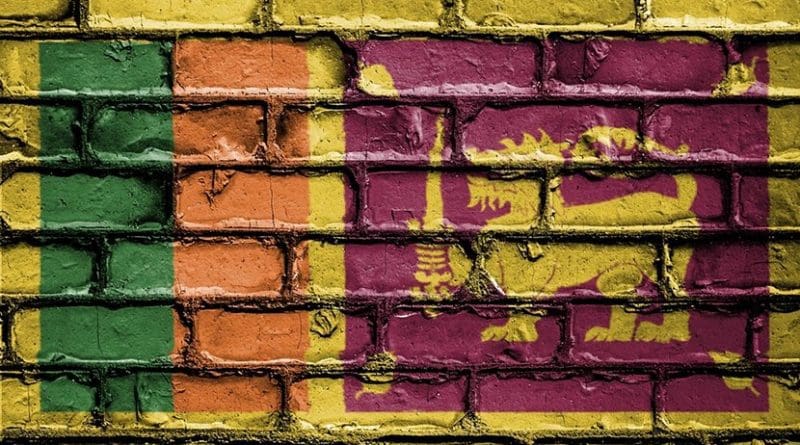Sri Lanka Democracy: A Tussle Between Political Parties – Analysis
By Srimal Fernando and Pooja Singh*
The answer to Sri Lanka’s current political crisis is complex. The split between United People’s Freedom Alliance (UPFA) and United National Party(UNP) turned into a struggle for power between the Sri Lankan President Sirisena, the leader of UPFA alliance comprising the Sri Lanka Freedom Party(SLFP) and the UNP party leader Ranil wikckramsinghe. In the day following October 26, 2018, power in Sri Lanka seemed to reside in confusing display after the new Premier Rajapaksha was sworn in by President Sirisena.
In public, those in the new government which is a combination of UPFA and Sri Lanka Podujana Peramuna(SLPP) under the leadership of President Sirisena and the new Premier Rajapaksha were generally polite to one another presenting surprisingly a united face. About 48 hours after the fall of Premier Ranil Wickramsinghe Government, there was this addition in nervousness among the international community especially with the US and the European Union (EU) nations.
The ousted coalition led by Ranil Wickramasinghe which had majority number of parliamentary members on the day of change of government was formidable and was further handicapped by the fact that some of the best known political leaders including Hon Wasantha Senanayake (UNP), Dunesh Gankanda (UNP), Tamil National Alliance (TNA) MP S. Viyalendiran and Ceylon Worker’s Congress (CWC) Arumugan Ramanathan Thondaman crossing over to the newly formed government side.
One could argue that populism is perhaps the most interesting phenomena in Sri Lankan politics now a day. The end of the new government also brought realignment of new Cabinet posts. The new Premier Mahinda Rajapaksha during his earlier presidency in 2005 to 2015 certainly made mistakes of their own, but he learned from his mistakes and the former President Rajapaksha wisely tackled with changing circumstances and choose this occasion to join hands with President Sirisena. For the UNP-UPFA what started out as a clear strategy for good governance with cohesiveness and a large mass following in 2015 degenerated in to a strategic blunder. During the recent council elections held in 2018 never had the UNP-UPFA coalition been as unpopular in the country as they became after they won in 2015.
The new Government headed by Premier Mahinda Rajapaksha was not without its problems. It is therefore necessary to identify a number of both short and long-term political and economic factors impacting the Sri Lankan urban and regional communities originating at various levels. Hence, certain critical problems challenging the past or the present Government is understood through the lens of Sinhalese, Tamil and Muslim cultural, social and political context.
But also, certain powerful western nations were doing everything possible to help UNP leader Ranil Wickramsinghe, the Tamil National Alliance (TNA), the Muslim Congress (SLMC) and other opposition backed parties to form their own government. There were external pressures on the new government to open the parliament to prove their majority. Both the government and the opposition still have enough time and authority to devise a democratic system according to the constitution which is people’s friendly and will accommodate all parties concerned to bring about the political solution. The citizens, academics, youth and the public and the private sector’s employees want to know about the kind of future democratic path envisioned for Sri Lanka from both the newly formed government under the premiership of Rajapaksha and the formidable opposition led by Ranil Wickramsinghe and the other political parties that represents the Sri Lanka Parliament.
*About the authors:
Srimal Fernando is a research scholar at Jindal School of International Affairs(JSIA), India and an Editor of Diplomatic Society for South Africa.
Pooja Singh scholar of Masters in Diplomacy, Law, International Business at Jindal School of International Affairs(JSIA), India

